


719 Posts

May 1, 2018
Hospitalists: A key link in a cancer patient's continuum of careFor cancer hospital inpatients, hospitalists often act as team leaders—collaborating with the members of the cancer patient’s care team to coordinate treatment plan details and therapies designed to manage side effects.
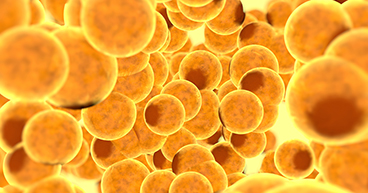
April 26, 2018
Another concern for obese patients: Fat cells may hinder chemotherapy’s impactObese cancer patients often don’t respond as well to chemotherapy as patients who are not overweight. One study may explain why.
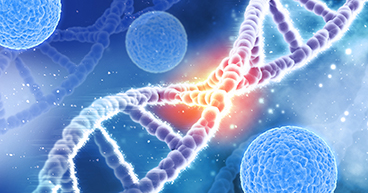
April 24, 2018
Hereditary cancer risks: How information can open up opportunitiesBut for some people, the risk of cancer poses a constant threat, because they have what’s known as a hereditary cancer syndrome.
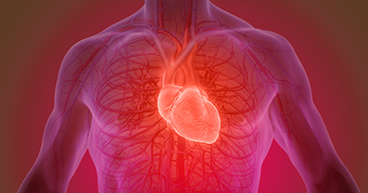
April 19, 2018
Cardio-oncology: Emerging field focuses attention on preventing heart damageIt’s a common conundrum faced by cancer doctors: Many of the treatments they use to fight cancer may do their job well, but at the same time, they may cause serious damage to the heart.
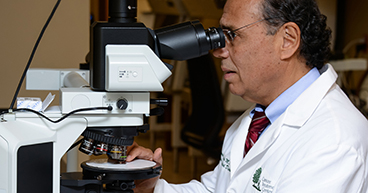
April 17, 2018
How to read a pathology report“If you don’t have a correct diagnosis, you cannot treat the patient correctly,” says CTCA Pathologist Fernando U. Garcia, MD. Learn about the critical role a pathology report plays in the cancer patient’s journey.
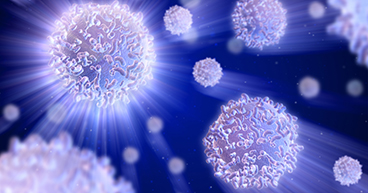
April 10, 2018
Focused radiation may help turn on the immune systemResearchers are finding that combining immunotherapy with focused radiation treatments delivered directly to the tumor sometimes shrinks not just the targeted tumor, but cancers located in areas of the body that were not radiated.
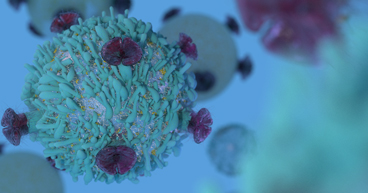
April 5, 2018
Metastatic breast cancer drugs may help patients delay chemotherapySome patients may put off chemotherapy treatments for more than two years, thanks to a new class of drugs approved for metastatic breast cancer.
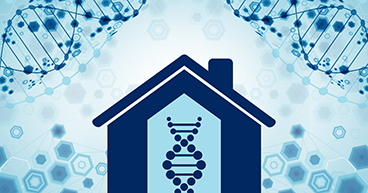
March 22, 2018
At-home cancer screening approval worries expertsMany Americans are buzzing over the federal government's recent approval of the country's first prescription-free genetic test for hereditary mutations linked to several common cancers. But cancer experts are raising serious concerns that the test will do more harm than good.

March 15, 2018
Why does malnutrition affect GI cancer patients more than others?In patients with cancer of the gastrointestinal system, malnutrition is a constant threat because of the digestive tract's role in processing food and waste. Still, patients can take certain precautions in keeping their body nourished, and getting educated about the issue is a good first step.
Guidelines
The information contained in this blog is not intended nor implied to be a substitute for professional medical advice. Always seek the advice of your physician or other qualified health provider prior to starting any new treatment or with any questions you may have regarding a medical condition. Nothing contained in the blog is intended to be used for medical diagnosis or treatment of any illness, condition or disease.